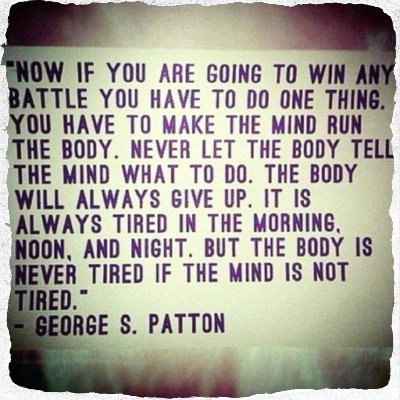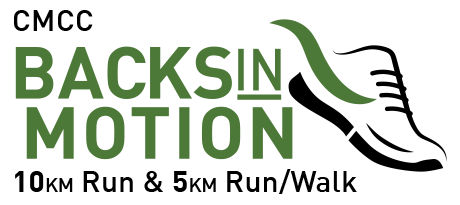they’re often referred to as ‘junk miles’, and many times come with a warning. too many junk miles and you risk overtraining. or at least unspecified, undisciplined training. numerous articles have been written about the perils of tossing in junk miles into one’s training regimen – and interestingly enough, various rebuttals offering a different point of view on what actually constitutes these ‘junk miles’.
in essence, i’ve come to understand ‘junk miles’ to be additional or extended workouts without any real perceived workout purpose that interfere with the athlete’s ability to successfully tackle prescribed training tasks.
the problem that junk miles present is that they are often used to pad not only a weekly mileage total but the runner’s ego. while races create the situation for a competition for the fastest time, training cycles can create the situation where individuals compete for the most miles (or in my case kilometres) logged. online trackers like dailymile, runkeeper and strava can feed that competitive nature by posting analytics on your social media outlets as a means of teasing, taunting or challenging your friends. while good ‘king/queen of the mountain’ feelings may result, the collateral damage is that when it comes to hard, speed-based workouts the energy and effort may not be there because resources were deployed to satisfy inflated distances.
now coming from a loosey-goosey, stream-of-thought kind of person like me you might be surprised to hear that i’m a fan of structured training. having used training plans from the hansons and ryan hall i’ve now found that i like to have a program to outline the different types of workouts (e.g. tempo runs, easy/recovery days, speed intervals, hill sprints, race pace) that i need to build into my cycle. however, also having read matt fitzgerald’s book run i’ve come to believe that there’s nothing wrong (and everything right) with listening carefully to feedback from your body and adjusting any training plan on the fly.
since i feel like i have the freedom to tinker, and having gained a sense that i do flourish under higher-mileage training conditions, i do tend to add the odd kilometre here and there as well as tossing in the occasional double (aka second training run in a day) or workout on a scheduled off-day.
rationale? (or in a more declaratory tense, “irrational!”?)
two reasons:
- one of the primary principles driving the hansons marathon method is that of cumulative fatigue, which suggests that (successfully) executing hard workouts on tired legs not only nets greater muscle/aerobic/mitochondrial gains but also simulates the late stages of the marathon – thereby preparing you to be able to overcome the dreaded ‘wall’.
- in run (and other articles) matt fitzgerald alludes to the fact that time spent practicing the running motion improves communication between the brain and the muscles – this is all about developing skill through repetition. appreciating this helps me to see that the more kilometres (over months and years) that i log will refine my muscle memory for efficient running form – as long as i’m not running in such a fatigued state that my running form breaks down.
- http://www.runnersworld.com/race-training/rethinking-junk-miles
- http://www.hillrunner.com/articles/article.php/junk_miles_myth
- http://vimeo.com/10776217






















Quality training elements, plus as many “junk miles” that I could sanely endure = 2:41:59 marathon (almost 9 minute PB). Speed work is essential, but it is the speed work that causes the injuries.
The quantity of junk miles (best known as easy runs) that make of the bulk of marathon training determine the overall training load. Training load has to be managed. A proper load will result in an appropriate training response, too many miles will lead to overload and breakdown.
Real junk miles are those run above easy pace but below marathon pace. They have no purpose. They in fact reduce the recovery effect which is vital for health and success.
So, easy miles? Bring them on. Just make sure they are not “junk miles”.
I just read the article Rethinking Junk Miles. Wow. Every runner intending for better needs to read this! Some of my slowest recovery runs came after a hard session, and I was hard pressed yet nowhere close to my easy pace. Yet those runs were key to reaching weekly volume of 160k.